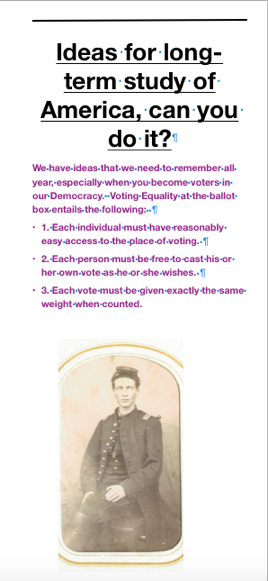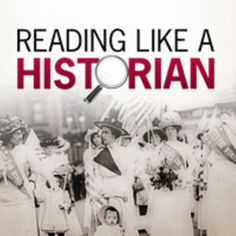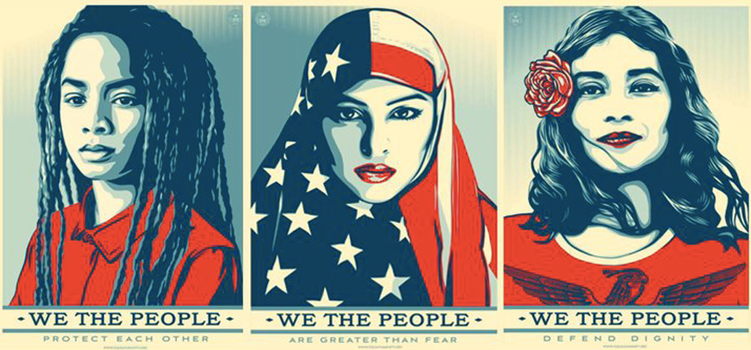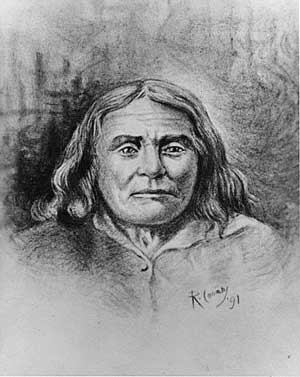More on U.S. History
|
If you lose your trifold handout you can get a color one here as a PDF.
Ideas to remember |
A little more about American historyStudents in United States history class consider and decide over conflicting American views on the Constitution to continue our democracy. Life-long learners need to gain knowledge of the encompassing complicated American history and society to ensure, and continue, the best government that the world has invented in response to old world tyranny. History opens the students to the past record of human experience. It reveals the accommodations, conflicts, struggles that individuals and societies have made. When people confront problems, and record the consequences that have followed the various choices by individuals and society, are stories that need to be studied. In order to understand the present day students must know the past. That past may show us where we need to go to next. By studying choices and decisions of the past, students can confront today’s problems and choices with a deeper awareness of the alternatives before them and the likely consequences of each.
The United States was founded on diametric ideas. Students need to know current issues that affect them, to react to new political events, participate appropriately, and then confidently make decisions for change. Only if we teach students to critically think can they make good decisions. However, as society becomes seemingly evermore divided, finding common ground is easier when people understand history's consequences Several areas of importance critical to continuing our American experiment arise through in-depth study of the Constitution, cultural origins, the tradition of loyal opposition, and a mechanisms of compromise, voter participation; and struggles for liberty and sovereignty. After the Revolution, it was unclear if America would stay together with such diverse geographical, economic, and cultural differences and interests. Our Constitution produced a somewhat peaceful resolution to religious and political conflicts; not cultural, economic, and geographical. Convention delegates in Philadelphia were from an aristocratic affluent class; other founders were farmers who had come back from war in debt. The Constitution is still trying to bring all levels of society under one just legal umbrella. America’s Constitution and civic life empowers students to see that voting and participation are important. [Civitas] Madison wanted to stop powerful interests or inappropriate factions from controlling government. His vision was to compose a Constitution that would ensure that the majority can never reign over the few, nor that the few reign over the many. In 1791, Madison persuaded by Patrick Henry, protected individuals further by amending the Constitution adding the Bill of Rights. Historian Garry Wills quoted Madison’s support for liberty with: “Amendments, if pursued with proper moderation…may serve the double purpose of…providing additional safeguards in favor of liberty.” Students learn from this that while we can disagree politically, we do so without violence, and that governments transition without a coup d’état. Students need to see that individual protections, participation, and voting that are pivotal to the foundation of our America. Consequently, if students know that these Constitutional protections exist they might continually participate in American Democracy. Learning American issues on these topics face everyday problems with their families, and motivate them to become active participants. America was created for a better civilization in the hands of the people, for the people, and by the people. The government that governs best, is a government that has a citizenry that is enlightened, understands natural law, equality, inalienable rights and Aristotle’s virtue of participation. Also the Greek concept of everyone paying their fair share for the safety and security of the state. Students must know our history, Constitution, political culture, the tradition of loyal opposition, compromises, popular sovereignty, conflicts, choices and American exceptionalism to maintain the Modern United States of America. |
COurt cases |
Subscribe |



